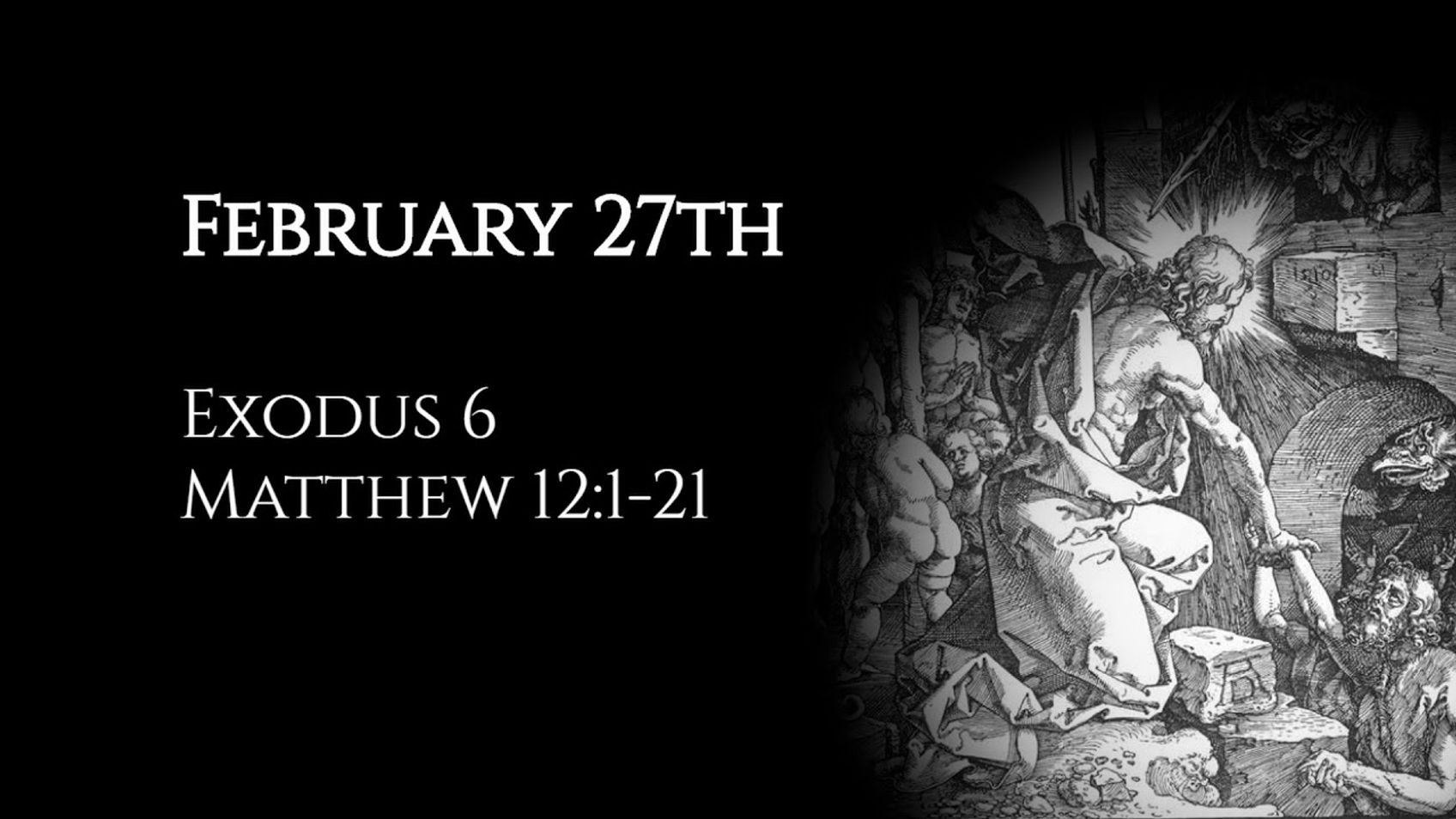February 27th: Exodus 6 & Matthew 12:1-21

YHWH reassures Moses and the genealogy of Moses and Aaron. The Son of Man is the Lord of the Sabbath.
Some passages referenced:
Exodus 3:6-8, 14-15/6:2-8; 4:10/6:12b; 4:16/7:1; 3:19f./6:7, 7:4f. (parallels between Moses’ initial call and its reconfirmation); Genesis 15:16 (returning in the fourth generation).
Exodus 31:12-17 (Sabbath as the great sign of the covenant at Sinai); 1 Samuel 21:1-7 (David and his men eating the shewbread); Hosea 6:6 (mercy not sacrifice); 1 Kings 13:4-6 (Jeroboam’s withered hand); Isaiah 42:1-3 (the prophecy of the gentle Servant); Ezekiel 34:11-24 (YHWH coming to the rescue of his sheep).
Reflections upon the readings from the ACNA Book of Common Prayer (http://bcp2019.anglicanchurch.net/).
If you have enjoyed my output, please tell your friends. If you are interested in supporting my videos and podcasts and my research more generally, please consider supporting my work on Patreon (https://www.patreon.com/zugzwanged), using my PayPal account (https://bit.ly/2RLaUcB), or by buying books for my research on Amazon (https://www.amazon.co.uk/hz/wishlist/ls/36WVSWCK4X33O?ref_=wl_share).
The audio of all of my videos is available on my Soundcloud account: https://soundcloud.com/alastairadversaria. You can also listen to the audio of these episodes on iTunes: https://itunes.apple.com/gb/podcast/alastairs-adversaria/id1416351035?mt=2.
More From Alastair Roberts
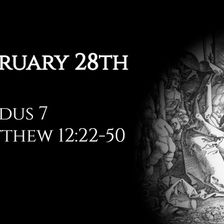

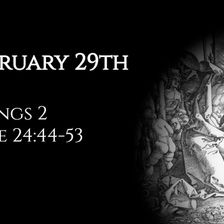
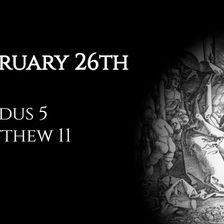
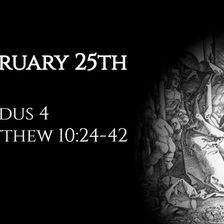
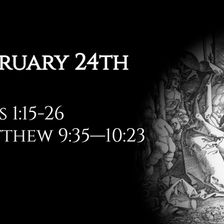
More on OpenTheo















